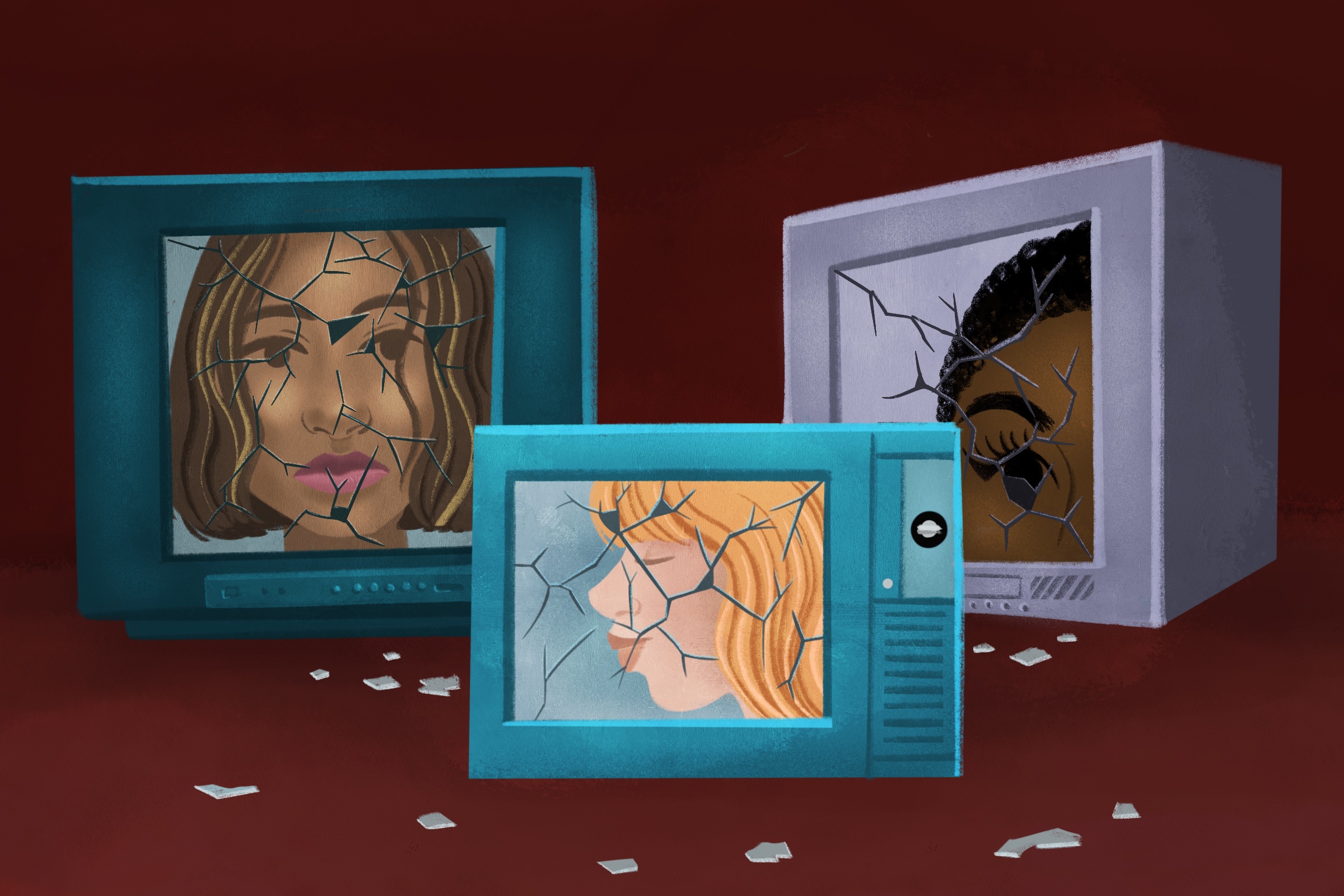By Celeste Trentadue, Shadman Chowdhury-Mohammad, Sana Fatemi and Sylvana Poon
Trigger Warning: The following article discusses the topic of rape and references accounts of sexual assault.
At the beginning of the 2021 school year, there were numerous reports of sexual assault at Western University campus. Rather than reflecting lived experiences and the trauma felt by survivors and those affected, news outlets have chosen to focus on minimal facts regarding the horrific sexual assaults. Currently there are four formal but unrelated cases filed, and the university has put forth a committee to handle the crisis. These superficial news reports do not show the lack of awareness and prevention on campus before the assaults, the callous handling of fear and trauma during and after the fact, and the systemic patterns of rape culture that have been perpetuated in the university to culminate in this tragedy: all of which have resurfaced again in students’ social media accounts and testimonies. In light of these devastating truths and an alarmingly indifferent media coverage of these assaults, many are left wondering how justice—or even revenge—can be achieved in order to move forward to peace and healing.
So, what is rape revenge? Is it achievable? And why is society so obsessed with it?
Rape revenge is not a new idea. It is depicted all over pop culture, especially on the big screen. Films like Promising Young Woman, the Kill Bill series, and I Spit on Your Grave all portray women who have been sexually assaulted seeking violent revenge on aggressors for their grossly unjust actions. In the GEN article “Do We Still Have a Place for Rape Revenge Fantasies?,” author Jude Ellison S. Doyle outlines how “[r]age is a part of trauma” and “it occurs within every healing process.” This rage, Doyle explains, manifests in the fantasies that survivors have about the revenge they will take on their rapist. However, Doyle says that for most survivors, “fantasies are all we ever get.” The main flaw in Hollywood rape revenge films is that they only seem to prioritize this rage—producing and re-producing movies about rape revenge without depicting how these women can heal through their acts of vengeance. This monolithic Hollywood narrative ignores the fact that every survivor heals differently and in their own time, and not every survivor views or enacts revenge on their rapist in the same manner.
Hollywood depends heavily on the idea that revenge amounts to “an eye for an eye.” This results in a lack of healing for survivors in these films, and by extension how viewers empathize with these women. Sensationalized depictions of such violence take away from real incidents and survivors, and fail to cast the recovery process as regenerative. If such an understanding of rape revenge was applied to the survivors of the Western University assaults, would that revenge be achievable? Even if it was, would it allow them to heal? Instead of applying Hollywood’s violent and vindictive take on rape revenge, perhaps it would be better to perceive revenge in a more regenerative light. A less destructive way to frame revenge is simply to focus on survivors healing and processing their trauma, beginning with sharing their experiences in their own time and according to their own capacities.
Of course, sharing the experience of sexual assault is not easy. In just 2014, an estimated 636,000 individuals aged fifteen years and older were sexually assaulted in Canada, but even then, only six out of every one hundred incidents were reported to the police. Survivors may be afraid of not being believed, being blamed and judged, or be confused about whether it was sexual assault or not. All survivors respond to sexual assault differently. Some may appear calm, whereas others may react with anger and even violence. All these reactions are a way of coping with sexual assault. When a survivor discloses to someone that they have been sexually assaulted, they have shown complete trust in that individual. The response of supporters has a significant impact and will influence how they make sense of the situation. Once a survivor opens up, supporters can help them in their path forward and seek additional, professional aid. The appropriate response to a survivor is to believe them and validate their feelings. It is important not to minimize their experience or ask for unnecessary details; instead, supporters should remain calm, be patient, and be active listeners. It is essential to assure them that it was not their fault under any circumstances, and that the blame lies with the perpetrator. Also, it is important that supporters assure survivors they will do whatever they can to help them get the support they need and make them feel safe. Most importantly, supporters should ask survivors what they need in order to heal and move forward.
After only two weeks, the media coverage on the assaults at Western University died down—shorter than the month-long theatrical release of a Kill Bill moview. While the gory Hollywood revenge on perpetrators may never be a reality to survivors, it can play a part in these survivors’ healing by formulating a framework for regenerative revenge. Supporters need to understand that healing is not linear, and that it is their responsibility to help survivors by creating space and time for them to heal in whatever manner they choose. Rape revenge is not defined as what Hollywood portrays, but by each survivor’s personal healing journey, which is revenge in and of itself.
Editor’s note: The editors would like to acknowledge and thank the Toronto Metropolitan University (TMU) English graduate students who wrote this feature. We would also like to acknowledge and thank the TMU graduate students who commissioned the art for this feature: Pauline Nguyen, Stephanie Klintsaris, Niki Anastasakis, Zahra Mouhammad, and Siobhan Spera.












